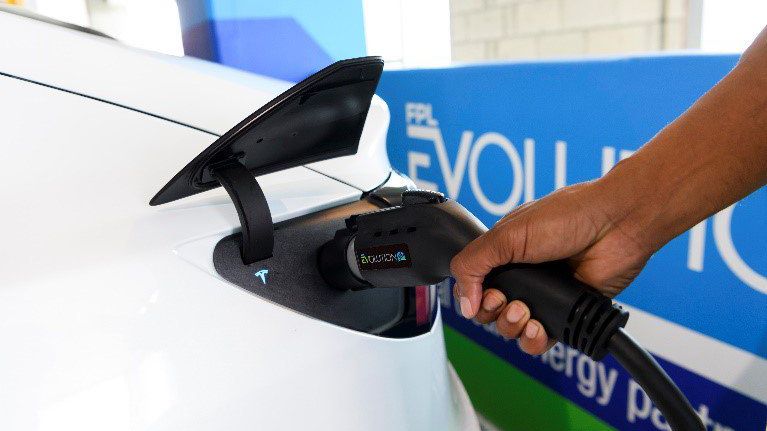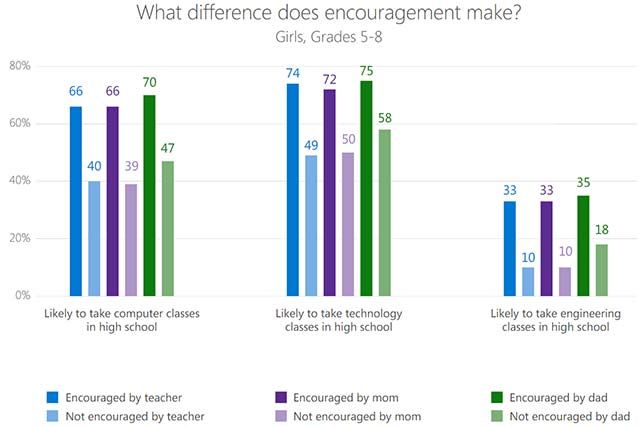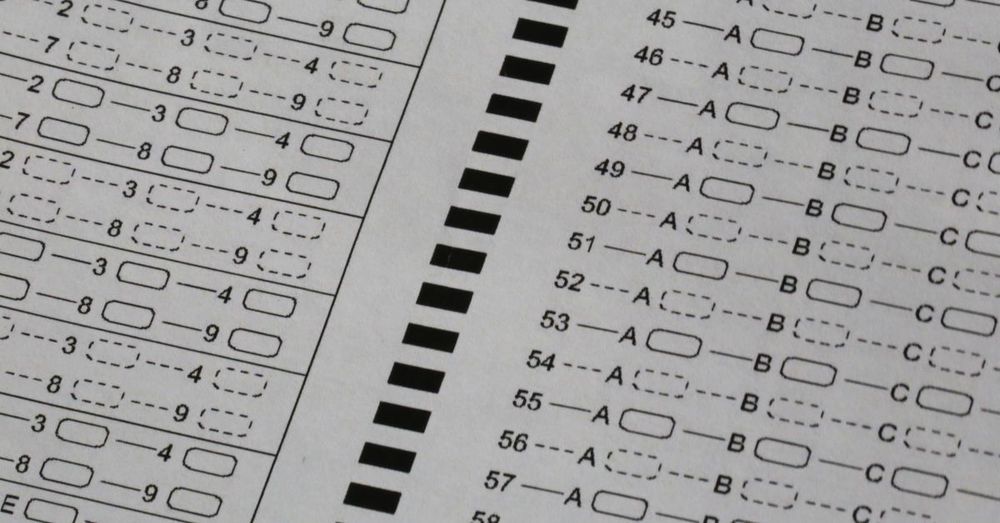This three-part documentary tells Bill Gates’ life story, in-depth and unfiltered, as he pursues unique solutions to some of the world’s most complex problems. From Academy Award-winning director Davis Guggenheim (An Inconvenient Truth, He Named Me Malala).
Watch Inside Bill’s Brain: Decoding Bill Gates, Only On Netflix: https://www.netflix.com/title/80184771
SUBSCRIBE: http://bit.ly/29qBUt7
About Netflix:
Netflix is the world’s leading internet entertainment service with over 151 million paid memberships in over 190 countries enjoying TV series, documentaries and feature films across a wide variety of genres and languages. Members can watch as much as they want, anytime, anywhere, on any internet-connected screen. Members can play, pause and resume watching, all without commercials or commitments.
Connect with Netflix Online:
Visit Netflix WEBSITE: http://nflx.it/29BcWb5
Like Netflix Kids on FACEBOOK: http://bit.ly/NetflixFamily
Like Netflix on FACEBOOK: http://bit.ly/29kkAtN
Follow Netflix on TWITTER: http://bit.ly/29gswqd
Follow Netflix on INSTAGRAM: http://bit.ly/29oO4UP
Follow Netflix on TUMBLR: http://bit.ly/29kkemT
Inside Bill’s Brain: Decoding Bill Gates | Official Trailer | Netflix






